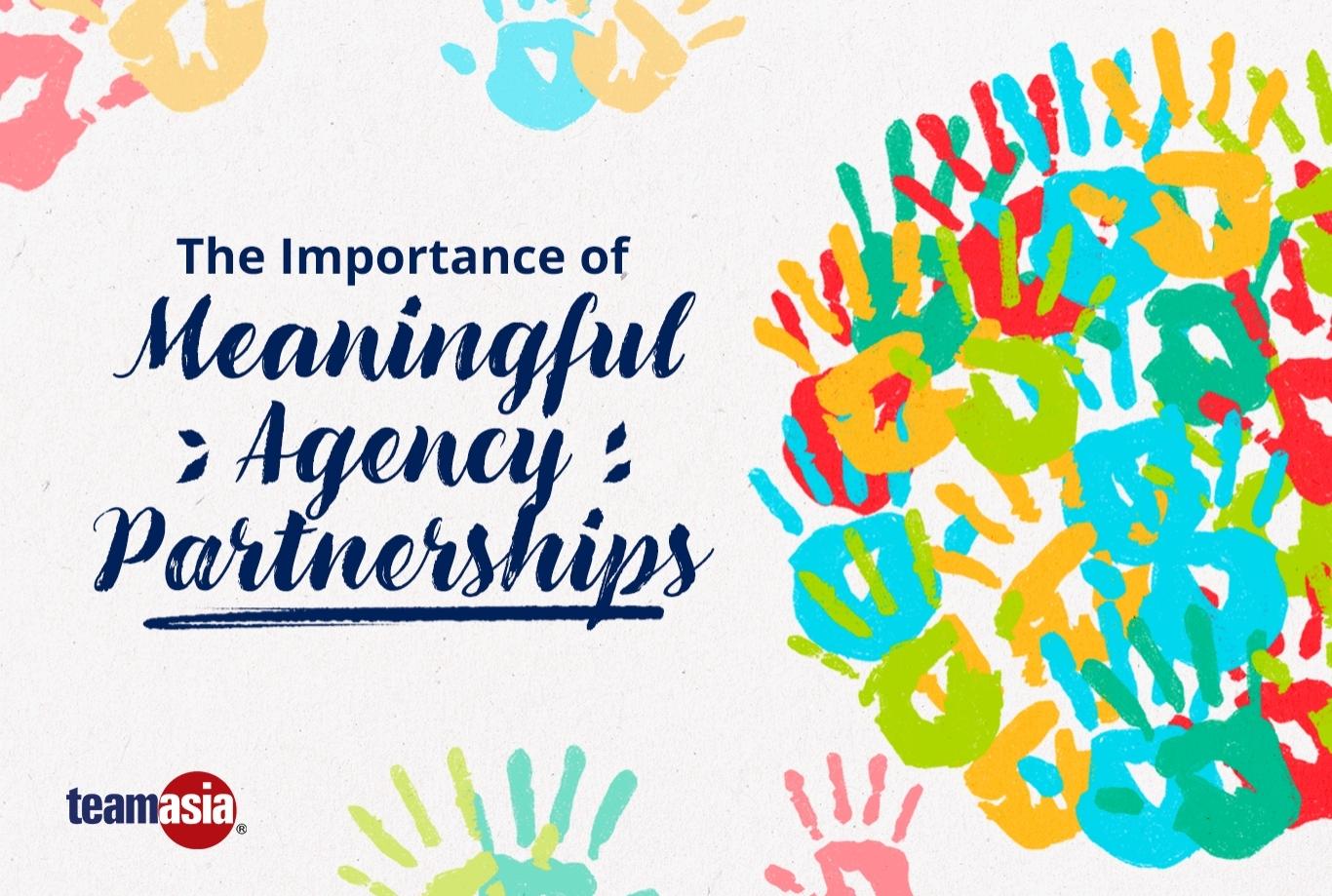BPAP: BPO industry to double by 2016, but addressing talent gap is critical
(Manila, Philippines, June 22, 2012) —The business process outsourcing (BPO) industry is expected to more than double in both revenues and direct employment in the next five years, according to Benedict Hernandez, president and CEO of the Business Processing Association of the Philippines (BPAP). The Philippines is the world leader in voice-based services and is overtaking India, the leader in non-voice services, in that broad service area as well.
Based on a study commissioned by BPAP for the IT-BPO Road Map 2011-2016, the BPO industry has the potential to grow from a $11-billion industry in 2011 to a $25-billion industry by 2016, providing well-paying jobs to 1.3 million Filipinos. But to achieve this target, Hernandez said the industry must address the looming shortfall of hundreds of thousands of people between now and 2016.
In 2011, the industry directly employed 638,000 people providing voice, back-office, creative, information technology (IT) and software development, health information management, and other services to companies around the world from BPO hubs in Manila, tier-two, and Next Wave CitiesTM throughout the Philippines. Demand for talent remains high and is increasing, so much so that the growth of the industry now largely depends on how many employable graduates can be produced.
To address the talent hurdle, BPAP has undertaken a series of ambitious initiatives in cooperation with key government agencies and the private sector to attract potential hires and improve near-hire skills sets so they become employable. The association is also reaching out to individuals who may not be aware of the opportunities the industry provides, especially in complex, non-voice services.
“While many Filipinos apply for work in IT-BPO companies, at present the hiring rate is just five percent to 10%. Most applicants do not make the cut because they lack the necessary qualifications, skills, and professional expertise,” according to Benedict. BPAP coordinates government-funded near-hire remedial training as well as certification programs for potential applicants, volunteer teaching, and train-the-trainer orientation and certification to enhance applicant employability.
It also works with the academe to align tertiary curricula with industry requirements. Other initiatives are meant to cast a wider net and compete for people who might not have considered an IT-BPO career in the past.
“We recently launched a series of educational and information initiatives to encourage Filipinos to work in the IT-BPO industry because we found that, in many cases, people are unaware of the opportunities that our industry provides. Over 30% of industry revenues is generated by non-voice, complex services delivered in a continually expanding, broad range of functional areas and industries.
“We like to say that these opportunities allow people to “work abroad” but “live here” in the Philippines,” said Hernandez.
BPO companies also recognize the need to retain current employees. “It’s easy to see why we consider talent our most important resource,” said Hernandez. “This industry is people.
“That’s one reason we work with the International Labour Organization and the Department of Labor and Employment’s Occupational Health and Safety Center to develop an integrated approach to providing responsive working conditions and promoting healthy lifestyles among employees. It is important to understand that IT-BPO companies have at least as large a stake in the health and wellness of their employees as any industry,” Hernandez explained.
“It’s obviously in the best interest of individual IT-BPO companies and the IT-BPO industry as a whole to take care of their employees and balance the impact of work-related factors. Our industry is characterized by organizations that strive to provide a comfortable, interesting work environment; opportunities to pursue outside interests; and, personal development initiatives.”





